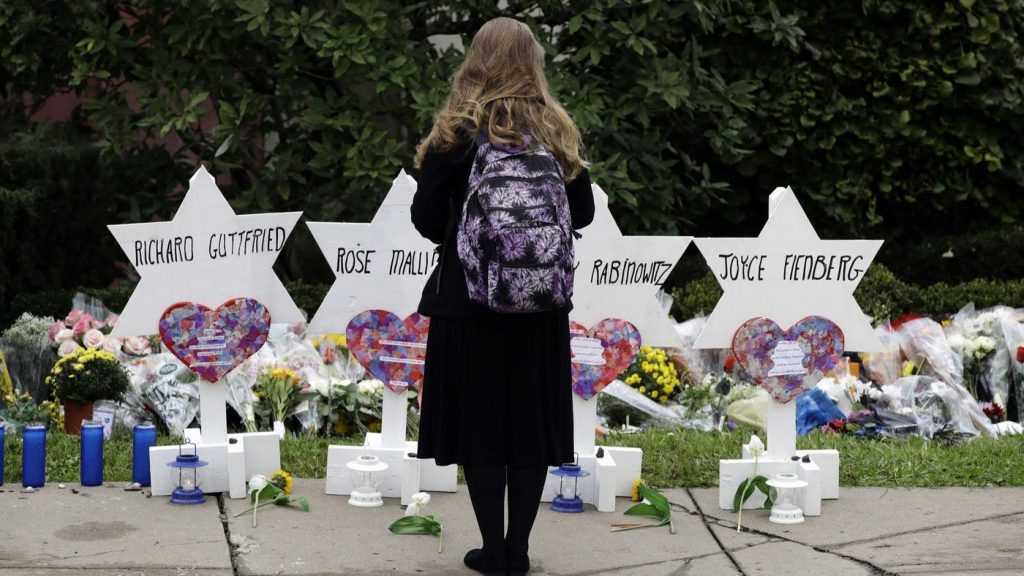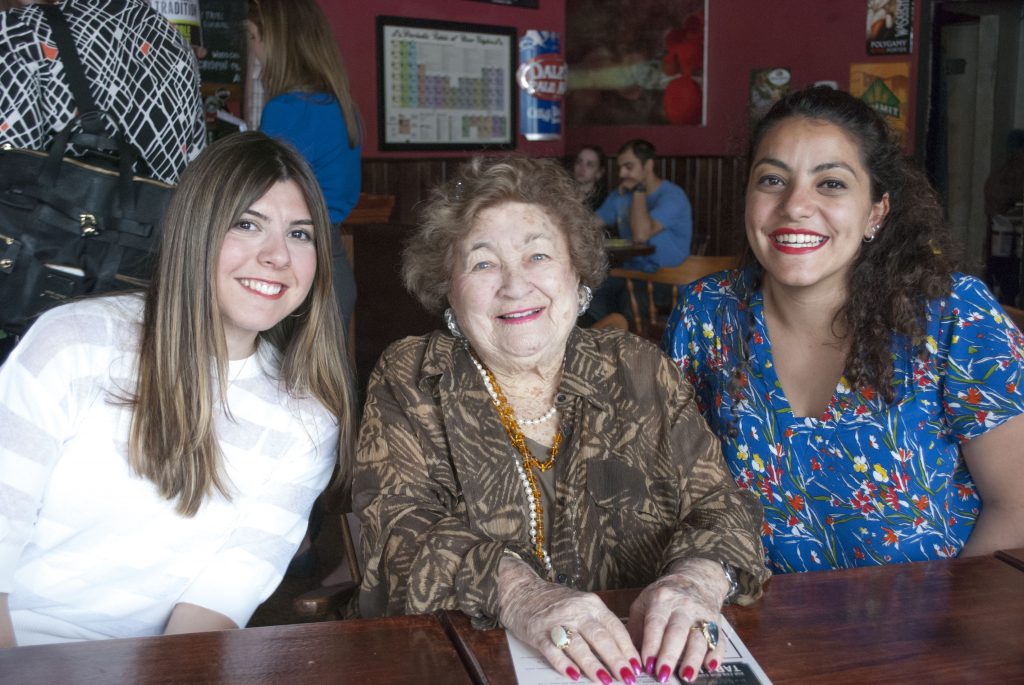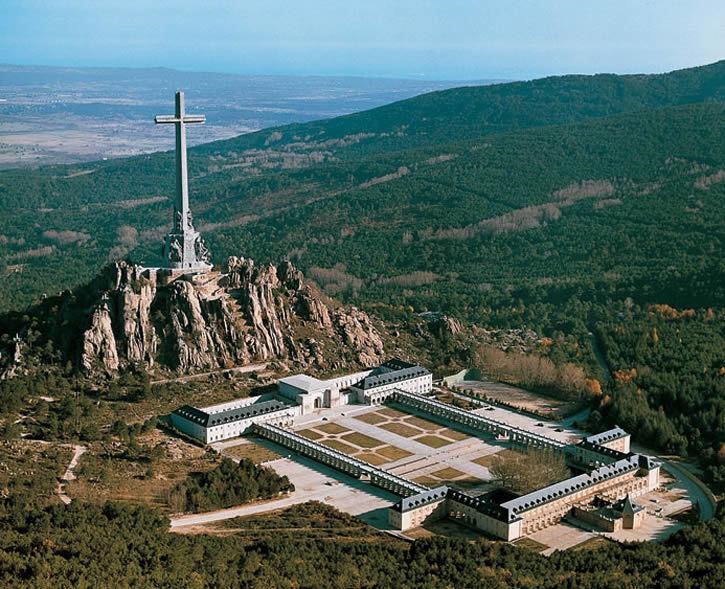In October, the Center for Holocaust & Genocide Studies welcomed Hasan Hasanovic to campus to discuss his experience as a survivor of the Srebrenica genocide. Mr. Hasanovic was 18 when Bosnian Serbs systematically murdered more than 8,000 Bosniak men and boys in July 1995. Since then, Mr. Hasanovic has written an account of his story, Surviving Srebrenica (The Lumphanen Press, 2016), and spoken around the world on the topic of Srebrenica and genocide more broadly. For the last decade, he has served as a curator at the Srebrenica Memorial.
Joe Eggers: I’ve watched several of your interviews on television and especially your presentations at schools. What’s one message you hope they take away after you speak?
Hasan Hasanovic: It’s interesting. After the Holocaust, the whole world said “never again.” And very similar things were [still] happening afterwards—in Rwanda, Darfur, Cambodia, Bosnia. It’s happening here and now with Rohingya Muslims. Now we have this situation in China with Muslims—one million are being held in labor camps. Somehow we don’t have a mechanism to prevent these atrocities. We talk about them after ten, twenty years, and we feel sorry for victims and we try to say something about it and try to educate people, and that’s it. But what is lacking is that global mechanism, which should be the United Nations. Sadly, world powers have different interests and those interests are standing the way of global intervention and prevention of mass atrocities. I’m trying in a way to make a point that we need to talk about it and to make sure we keep that memory alive and to educate people, but at the same time remember that it’s still happening. And my hope is that when I talk to these audiences—that some of them will become politicians, some of them will pursue other professions—they will use this story and other stories of other atrocities in their lives, as a lesson, and they will become better individuals, better politicians, more humane politicians. And if they get a chance…to decide something that they will make an appropriate decision, thinking from a humane perspective, rather than the perspective of the interests of their political party or the interests of that power.


 Fern and her late husband Bernard established the Badzin Fellowship in Holocaust and Genocide Studies, which has supported for the last decade graduate students in the College of Liberal Arts committed to research in the field. Bernard and Fern also created the Badzin Lecture Series fund, helping to bring renowned experts to campus.
Fern and her late husband Bernard established the Badzin Fellowship in Holocaust and Genocide Studies, which has supported for the last decade graduate students in the College of Liberal Arts committed to research in the field. Bernard and Fern also created the Badzin Lecture Series fund, helping to bring renowned experts to campus. 